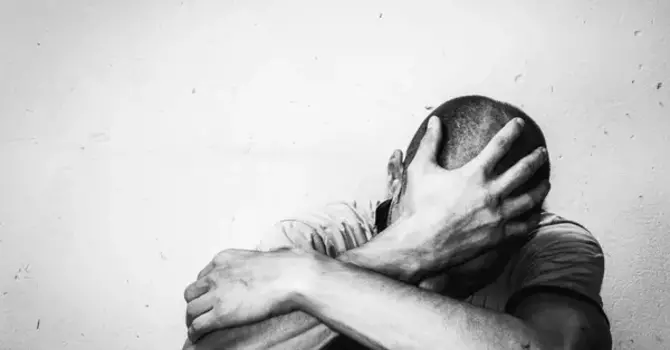
Currently the term “setting boundaries” is batted around about but what exactly is a boundary,why are boundaries important to set in relationships and how do you do this?
The skilled psychotherapist and author of “Maybe You Should Talk to Someone”,
Lori Gottlieb, has one of the clearest definitions of boundaries I have come across:
“Boundaries teach others how you want to be treated.”
Unfortunately, most of us were not taught emotional intelligence in school and grew up in
families where boundaries were non-existent or very rigid.
In the former, one person’s identity blended into another for example, your sibling or parent
feels pain and you take that on as your own. Or, one person’s business becomes everyone’s
business to weigh in on. In addition, people use others as messengers because speaking
directly was not taught—this is often a practice in our families of origin. This indirect way of
relating is referred to as “triangulation” in therapy speak. Triangulation causes a lot of
misunderstanding and heated emotions.
On the other hand, people can set such rigid boundaries around themselves that others feel
they have to walk on eggshells not knowing what might set this person off. Rigid boundaries
also preclude depth in a relationship as one person wears a coat of armour and cannot be
known.
How we grow up heavily influences our ability or non-ability to set healthy boundaries. If you
grew up in a home where having a voice (identifying likes, dislikes, needs) was punished or
deemed insignificant, you probably learned to suppress your voice in order to keep the peace
and in some cases to survive.
Saying “no” or speaking your truth can feel very scary and daunting. However, when you push
your feelings down resentment and anger can build leaving you susceptible to mental and
physical illness. The body and mind are always in dialogue with one another.
The most important piece of advice I was taught when learning to set boundaries was, “ you
cannot change anyone but yourself”.
In my practice I often hear, If only he would do this, or she would say that” We have no control
over how anyone behaves or what anyone says. We do have control over how we behave and
communicate.
The good news is healthy boundary setting can be learned at any age. It takes some grit,
consistency and courage, however, in the long run is empowering and makes for better, real
relationships.
Years ago when I did my own work in therapy, I had to face my fear of anger when I spoke up
for myself. As a child I connected anger with rejection and abandonment. I learned to override
and push down my feelings to avoid these frightening consequences.
Slowly, taking little steps I began with “I” statements to express myself. Instead of silencing
myself I would say, “When we are having a conversation and you disagree with me and start
yelling it scares me. I shut down and don’t feel heard. All of us want to feel heard and
understood.
When you begin to set boundaries there will be slippage. Growth is not a straight line up.
Change in a relationship even if for the good, often results in the other person unconsciously
trying to hook you back into the old pattern of relating. Relationships are systems and every
system strives for equilibrium. With consistency the system will rebalance and the relationship
strengthens and deepens.
In my case, when the yelling happened again, I did not have to go over the explanation but
would say, “I told you that if you start to scream at me I am going to exit. We can address this
issue when it is not so charged. And then, I would walk away.
It was an empowering feeling to speak up and over time the other person learned to
communicate with me in a different way.
If you are consistent with your words and actions and the other person still does not respect
your boundary it may be time to consider if or how you want this person to be in your life.
If you are the sun, what orbit do you want this person in?
I believe the foundation of any solid relationship requires the understanding of how to firmly
and kindly voice your needs and equally important, how to respect another’s view point which
may differ from your own. Staying curious is a way to have meaningful conversations without
the eruptions.
Instrumental in my work with individuals and couples is helping people learn how to build
healthier, more meaningful connections by setting better boundaries.
Kim Tanzer
Contact Me


